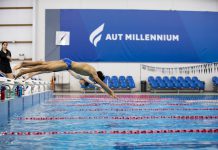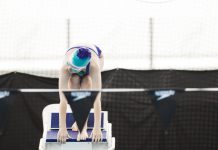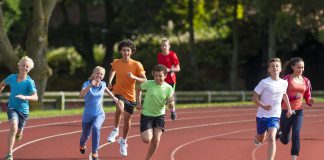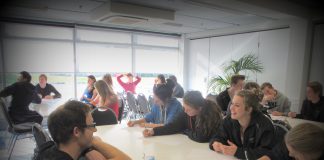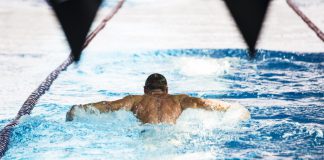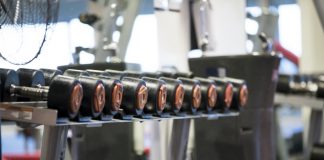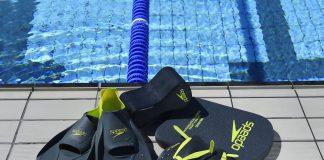Becoming familiar with the water and establishing the learn-to-swim foundations can be hugely beneficial for babies and toddlers. These are not only life skills that we want to become automatic responses to situations in the water, but they are also the foundations for other qualities such as flexibility, endurance, and strength. The skills that we teach need to be repeated over and over in order to help your child learn and remember them.
For your young ones to learn the required skills, it is essential that we make our lessons fun. Fun swimming lessons lead to learned skills, as infants are able to make the most of their learning when they enjoy being in the water. Playing games and getting comfortable in the water helps children take big steps forward in their progress.
I cannot stress enough how important repetition is, and that children learn through play. They need to practice any skill several times to successfully master it. It also helps to be mindful that if they have a bad experience while learning something new, such as getting water up their nose, then this skill needs to be repeated positively. We believe that activities need to be repeated up to 90 times in order to achieve mastery. So if you feel like your child is doing the same activities over and over, remember that they are repeated on purpose and that we are trying to promote learning and having a good time in the water!
Learning skills such as remaining calm when their faces are in the water, and progressing this to blowing bubbles, will help to increase your kid’s confidence in the water. This is one of the most critical aspects of swimming, as the calmer they are in the water, the better.
To truly master these skills, it is a good idea to incorporate activities outside the pool that will help your child to develop their water confidence. Repeating what is taught in your lessons while also introducing other activities at home can have added benefits. Activities you may like to try with your child include:
- Sprinkling water from the back of their head and over their face. Get your child to then tuck their chin down. This will help them to get used to the feeling of water on their face.
- Blowing a ping pong ball across the top of the water, or blowing candles out, then blowing bubbles in the water. Bath time is great opportunity to practice!
- Splashing hands, closing their mouth, and blinking afterwards.
- Lying on their tummy in the bath and doing little kicks in order to get used to the idea of kicking to move forward.
- Lying on their backs in the bath with a small amount of water and feeling water in their ears. This will help them to get comfortable with having water in the ears, as it is very hard to avoid this in the pool.
- Reinforcing that it is important to always wait for an adult before approaching water!
By incorporating some of these activities at home, you will enhance and develop the skills required for life! And don’t forget repetition is key, so the more chances your child has to practice, the better!
If there are any technique tips you’d like us to tackle, let us know by emailing [email protected]













